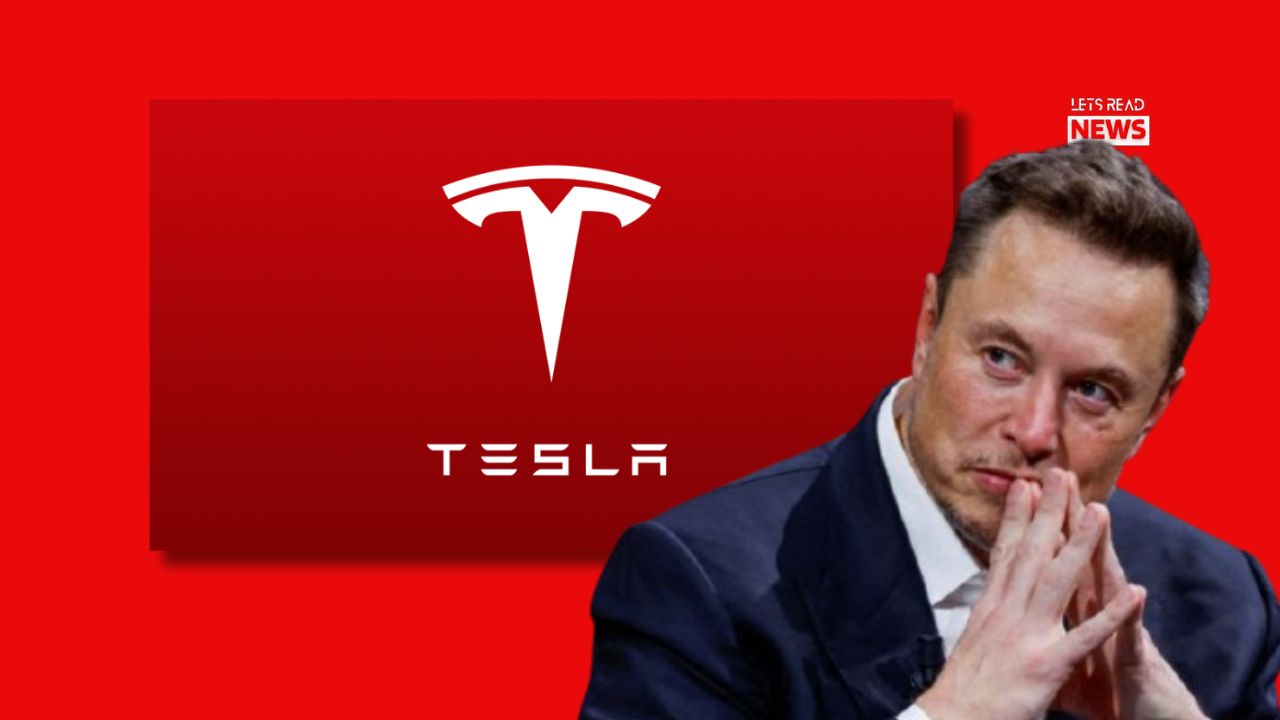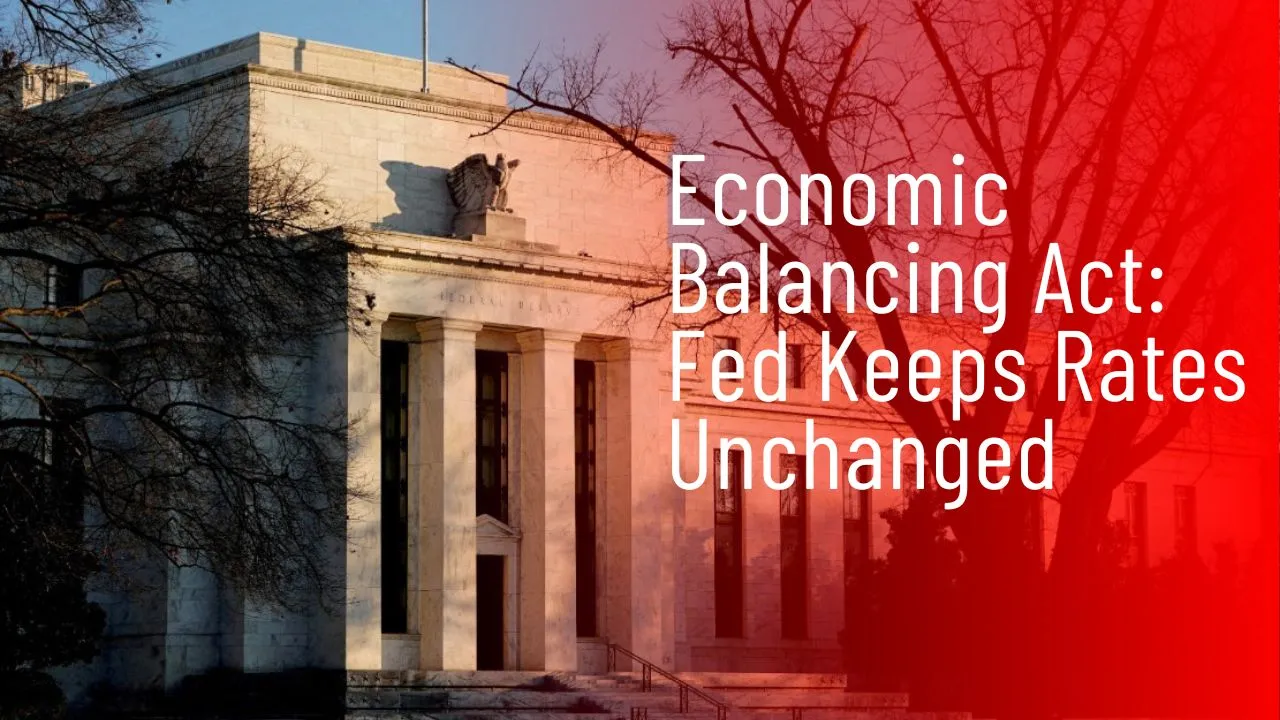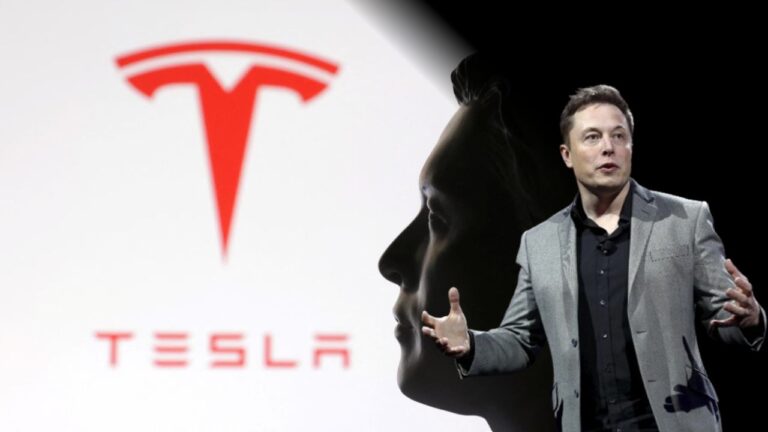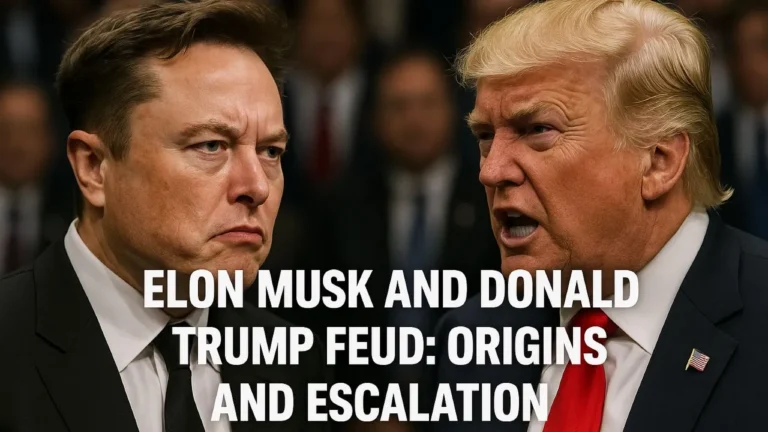Tesla Faces Potential $26 Billion Profit Wipeout as Delaware Court Decision Looms Over Musk’s 2018 Pay Package

Tesla investors are bracing for a financial bombshell: a potential $26 billion hit to the company’s profits over the next two years if the Delaware Supreme Court upholds a lower court’s decision to invalidate CEO Elon Musk’s massive 2018 compensation package.
According to a Reuters analysis published Wednesday, the electric vehicle giant would be forced to recognize the enormous accounting expense for a replacement pay plan the board quietly approved in August 2025. That charge — spread over eight quarters — would average $3.25 billion per quarter, dwarfing Tesla’s recent earnings and representing more than half of the company’s cumulative net income since it first turned profitable in 2019.
The looming threat comes amid already mounting pressures on Tesla’s bottom line. In the third quarter of 2025, the company posted a 37% year-over-year drop in net income to $1.37 billion, even as revenue hit a record $28.1 billion. Operating income plunged 40%, hammered by slumping vehicle demand in key markets, the phase-out of EV subsidies, fierce competition from Chinese rivals, and heavy spending on futuristic bets like humanoid robots and autonomous driving tech.
At the heart of the dispute is Musk’s 2018 performance award: 303 million stock options, originally valued at about $2.3 billion when granted. Thanks to Tesla’s soaring stock price, those options ballooned to roughly $116 billion in potential value today. Delaware Chancellor Kathaleen McCormick voided the package in January 2024 (and again later that year despite a shareholder ratification vote), ruling that the Tesla board was too beholden to Musk during negotiations and that investors weren’t fully informed.
Tesla appealed, and oral arguments were heard in the Delaware Supreme Court on October 15, 2025. A ruling is expected soon — potentially any day — with analysts warning that an unfavorable outcome would trigger the massive charge.
In anticipation, Tesla’s board in August 2025 granted Musk a replacement package valued at the then-current stock price — landing at around $26 billion. Accounting rules would require the company to expense that amount if the original award is permanently struck down.
Brian Dunn, director at Cornell University’s Institute for Compensation Studies, didn’t mince words in the Reuters report: Tesla’s board failed to follow “reasonable fiduciary practices,” effectively orchestrating “a substantial transfer of wealth from shareholders to the single largest shareholder.”
The saga has already overshadowed Tesla’s latest moves on executive pay. Just two weeks ago, on November 6, shareholders overwhelmingly approved a separate, eye-watering $1 trillion performance-based package for Musk — one that could pay out over the next decade if Tesla hits stratospheric market cap and profitability targets, including milestones tied to robotaxis and humanoid robots.
That new plan, however, does nothing to resolve the 2018 overhang. If the Delaware court sides against Tesla, the $26 billion expense would land immediately, potentially turning profitable quarters red and intensifying scrutiny on the company’s governance.
Tesla declined to comment on the Reuters analysis, and Musk has yet to address it publicly on X. But with shares volatile and competition intensifying, the court’s impending decision could prove one of the most consequential moments yet in Musk’s tumultuous tenure at the helm of the world’s most valuable automaker.
As one institutional investor put it anonymously: “Elon is Tesla, and Tesla is Elon — but at some point, the math has to work for everyone else holding the stock.”
The Delaware Supreme Court holds the next card.
Read more: The Delaware Court Ruling on Elon Musk’s 2018 Tesla Compensation Package: A Detailed Breakdown






